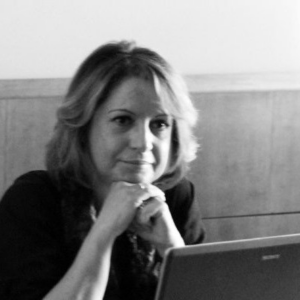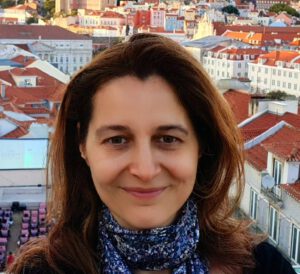The University of Florence can trace its origins to the Studium Generale, which was established in 1321, and it is one of the largest organizations for research and higher education in Italy with about 55,000 students, 1,700 teaching and research staff, 1,400 technical and administrative staff and 1,600 PhD students and research fellows. The University of Florence has adhered to the principles of the European Charter and Code for Researchers and, since December 2018, it is one of the 16 Italian universities that have been granted the HRS4R Human Resources Strategy For Researchers Award). Moreover, the University of Florence is a partner of the Erasmus Plus European Universities alliance EUNIWELL European University for Well-Being.
Recently, the University of Florence has been ranked among top Italian Universities for the distribution of national research funds, and it is one of the most active Italian universities in terms of European projects and related grants. In Horizon 2020 the EU funded 147 projects for a total of about 54 million Euros, in Horizon Europe a total of 38 projects of about 22 million Euros. As of December 2022, the University of Florence has 25 ongoing Erasmus+ projects, 9 ongoing LIFE projects and 14 ongoing projects that have been funded under other EU Direct Grants (Creative Europe, DG Justice, COST Actions, etc).
Team members

Laura Leonardi
Laura Leonardi is Full Professor of Sociology the University of Florence. She holds a Ph.D. in Political Sociology. In 1999 she obtained a Jean Monnet Module and in 2008 she was awarded the Jean Monnet Chair "Social Dimension and European Integration". In 2016 she received a grant “Jean Monnet Centre of Excellence” for the project “SharEU. Shared Values and Global Challenges”. She is currently Director of the "Jean Monnet Centre of Excellence" at the University of Florence (2017 to present). Her research activity, both in theory and empirical research experience, mainly focuses on the topics of social conflict and social change, life chances and social inequalities. Since the 1990s her research focus are globalization and Europeanisation, social identity, social cohesion and social inclusion in the European and Global context.

Enrico Borghetto
Enrico Borghetto is an Associate Professor at the Department of Political and Social Sciences, School of Political Science "Cesare Alfieri", University of Florence. After receiving a PhD in political studies from the University of Milan in 2007, he joined their political science department as a postdoc. From 2013 to 2015, he was an FCT Postdoc at the NOVA University of Lisbon with a project entitled: "The Policy Agenda at the Time of Crisis in Europe's Periphery". He was a visiting researcher at the Univ. College London (2005), Univ. of Washington (2010), Univ. of Mannheim (2012) and Univ. of Texas at Austin (2017). His research has focused on legislative studies, political representation, compliance with EU policies, the Europeanisation of national legislation, and European decision-making. He is currently coordinating the Replan EU Jean Monnet Module "Implementing Resilience and Recovery Plans in Italy and Beyond" and a related nationally-funded research project at the University of Florence.

Andrea Apollonio
Andrea Apollonio is a PhD candidate specialising in social and political change at the Universities of Florence and Turin. His doctoral research investigates EU memory politics, reflecting his broader interests in the sociology of Europeanisation and memory studies. As a member of the UniFi team, Andrea follows the project's organisational and communication needs.

Sorina Soare
Sorina Soare is a Senior Lecturer of Comparative Politics at the University of Florence. She earned her PhD in political science from the Université libre de Bruxelles. Her research primarily focuses on comparative politics, with particular interests in post-communist political parties and party systems, transnational participation, European Integration, and democratization. Currently, she serves as a co-editor of Studia Politica. The Romanian Political Science Review, and as a co-editor of the Annual Review - Journal of Common Market Studies. Additionally, she is the co-chair of the CES Research Network on Political Parties, Party Systems, and Elections.

